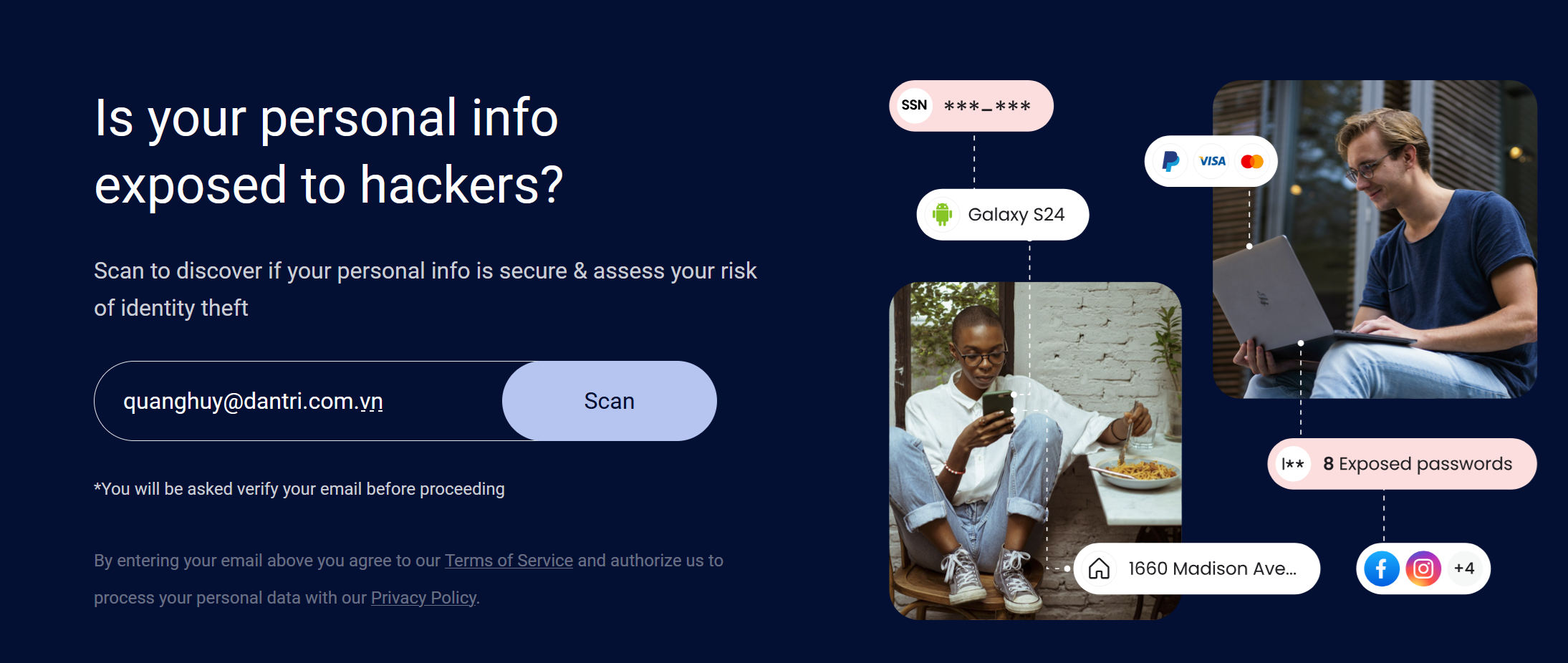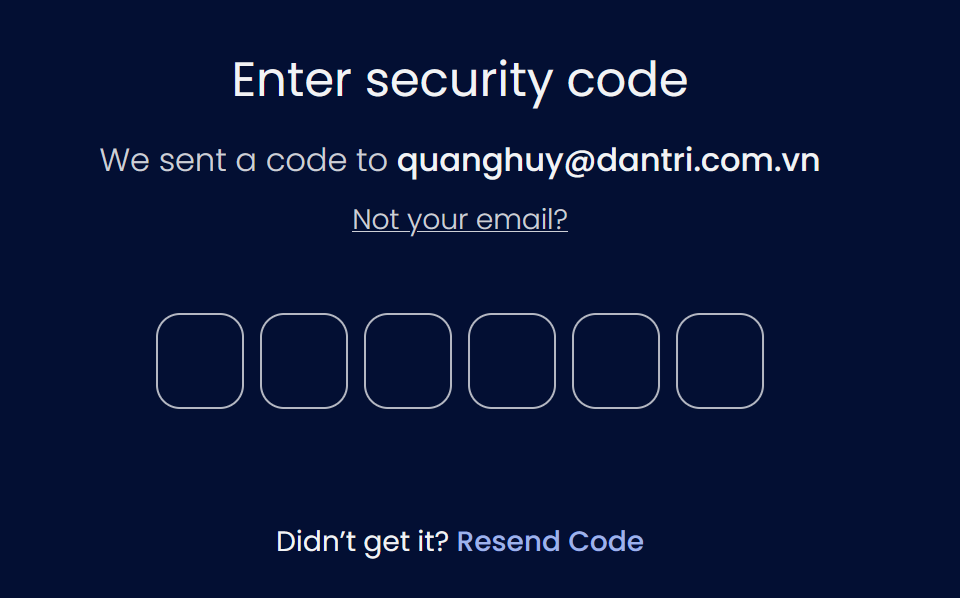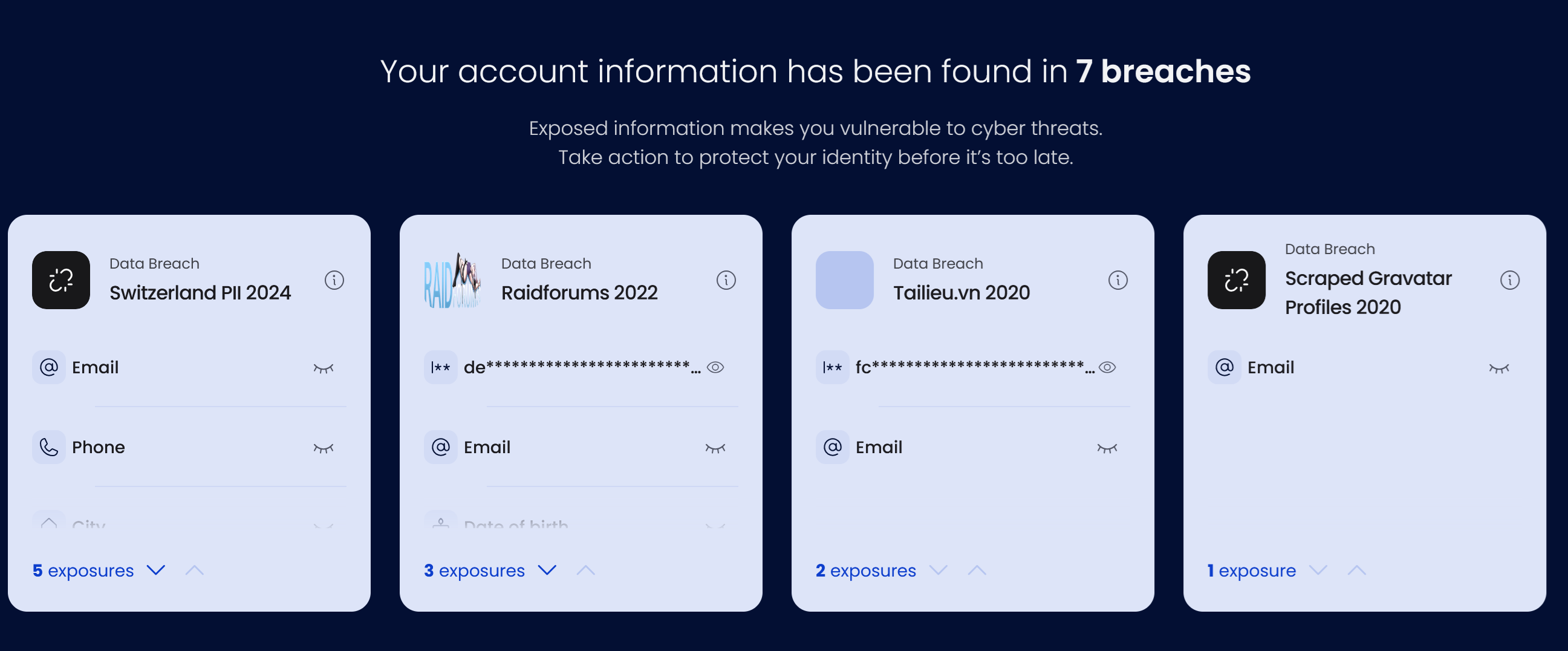The biggest password leak in history
As Dan Tri reported, a password leak affecting 16 billion online accounts has just been discovered by cybersecurity company CyberNews.
CyberNews conducted a 6-month study in 2025 and discovered 30 data files, each containing tens of millions to 3.5 billion password records for users' online accounts, including Facebook, Google, Apple, Telegram, etc.

Billions of passwords for Facebook, Google accounts... have been leaked, causing many people to worry (Photo: CN).
In total, 16 billion online accounts had their passwords leaked, in what security experts say is the largest password breach ever.
Notably, CyberNews experts said that out of 30 data files, 29 files contained account login passwords that had never been recorded before. This means that the leaked passwords are new information and hackers can exploit this data to break into user accounts.
“This is not old data that is being reused, but new information that can be used as a weapon on a large scale. This data allows access to almost all online services, from Apple, Google, Facebook to Telegram, GitHub and other financial services,” CyberNews experts commented.
CyberNews believes that the 16 billion leaked passwords are the result of information-stealing software, but the culprit behind them has not yet been identified.
Are you one of the 16 billion accounts whose passwords have been leaked?
After information about 16 billion accounts with leaked passwords was published by CyberNews, security research company MalwareBytes provided a tool to help users check if their account is on the list of online accounts with leaked passwords.
To use this tool, go here, enter your email address in the blank box and press the “Scan now” button.

MalwareBytes will send an email containing a confirmation code to the email address you declared. Enter this confirmation code in the next web interface.

After entering the confirmation code, MalwareBytes will search for your email address in a database of 16 billion accounts with leaked passwords to notify users.
If the result returns “We didn't find any exposed info”, it means your account is still safe and your account password has not been leaked.
On the contrary, if the result returns the message "Your personal information was exposed, putting you at risk of identity theft", it means that your account password has been leaked and a lot of personal information has been taken over by hackers, such as date of birth, phone number, information about the device being used...

Click the “Where was my info leaked?” button on the results page to see more clearly which websites and online services have leaked your personal information.

In case the account information has been leaked, the user needs to immediately change the account password and activate 2-layer security for this account (if supported) to ensure safety.
In addition, users should also get into the habit of regularly changing their online account passwords every 6 months and should not use the same password for their online accounts.
Source: https://dantri.com.vn/cong-nghe/16-ty-tai-khoan-lo-mat-khau-ban-co-nam-trong-so-do-20250621044717200.htm






























































































Comment (0)